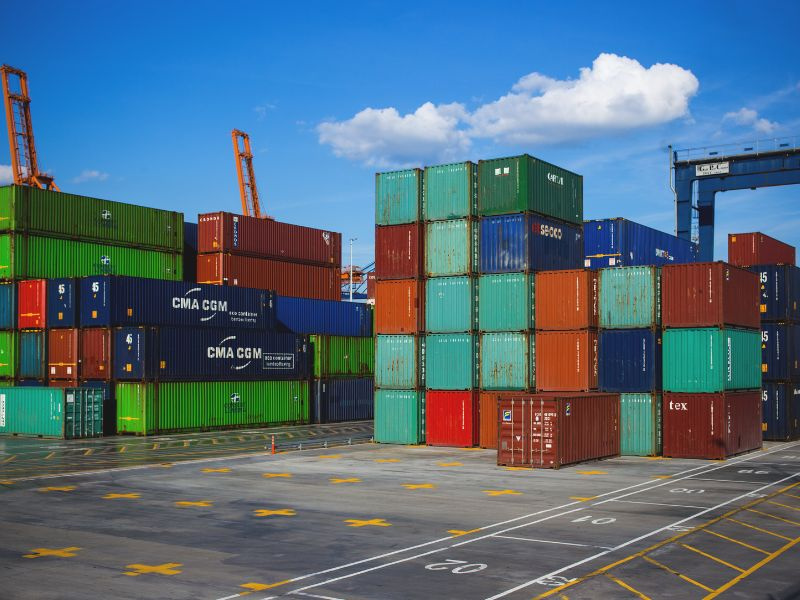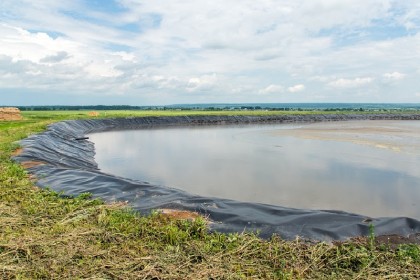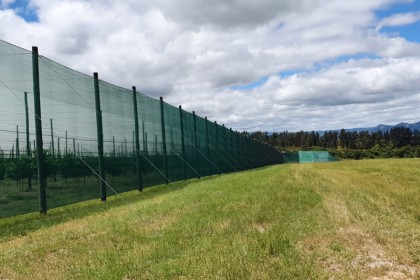
PPECB: Cold Chain Management
The cold chain can be described as the “seamless movement of fresh, chilled or frozen products, from the production area to the market, through various storage and transport mediums, without any change in the optimum storage temperature and relative humidity”.
The PPECB has been responsible for managing the export cold chain since 1926 and ensures that products leaving the country are handled, stored and transported at specific temperatures and optimum conditions.
Cold Stores
Produce intended for export must be stored or handled in a cold store that is registered and approved by the PPECB. In order to be registered cold stores must undergo annual inspections and certification.
Cold chain management is a vital link in the export value chain and as such cold storage units play an integral role in ensuring the quality of produce intended for export is maintained. In line with this it is essential that cold stores comply with the minimum food safety and technical requirements for food storage. Should produce intended for export be stored or handled the relevant cold store must be registered with the PPECB. In order to be registered cold stores must undergo annual inspections and certification.
Importers
The PPECB provides assurance to importers that they are importing products of sound quality which adhere to the technical equipment specifications, hygiene standards, product conformity and temperature requirements of the importing country.
The PPECB is a public entity, constituted and mandated in terms of the Perishable Products Export Control Act (PPEC Act), No 9, of 1983 to perform cold chain services. The PPECB also delivers inspection and food safety services assigned by the Department of Agriculture, Forestry and Fisheries (DAFF) under the Agricultural Products Standards Act, No. 119 of 1990.
Through our inspection services we ensure all products meet the minimum food safety and quality requirements of importing countries and further ensure quality is maintained through proper cold chain management until the produce reaches its destination.
Logistical Service Providers
The PPECB provides third party assurance that the container or vessel used to transport perishable products intended for export meets technical and hygienic standards. PPECB Assessors ensure that the mode of transport is technically sound and inspect the cleanliness thereof.
The PPECB is mandated to validate the transportation of produce intended for export and as such offers a range of services to logistical service providers. Through its services the PPECB provides third party assurance that the vessel used to transport perishable products intended for export is technically sound, meets technical standards and that the equipment is fully functional. Furthermore, PPECB assessors inspect the cleanliness of the vessel and container to ensure it meets hygienic and food safety standards.
Exporters
The PPECB provides a comprehensive service to exporters which includes the inspection and approval of equipment such as containers, specialised reefer vessels and cold stores; monitoring loading processes and the en-route temperature management of produce.
All South African exporters of perishable produce are required to be registered with the PPECB.
The PPECB‘s range of services, which includes product inspections, supervision during the loading of cargo and en-route temperature management, provides assurance to exporters that their produce meets the minimum export standards and requirements of the importing country.
The PPECB‘s product inspection services ensures quality, phytosanitary and marking requirements of produce intended for export are met. Furthermore, the presence of the PPECB in the export industry is enhanced by its recognition as an approved third country under the European Commission Regulation 543 of 2011. This agreement recognises the South African quality inspection systems as equivalent to that of the EU inspection bodies and therefore ensures less frequent checks at the port of import into the EU.
The PPECB‘s services for exporters continues during loading and transportation. During loading the PPECB confirms the temperature of the product, inspects the physical condition of the pallets and ensures the container is set to the optimum carrying temperature for the specified product. When cargo is loaded onto the specified vessels the temperature of the vessel is determined at various points of the journey to ensure the optimum temperature is maintained.
For other agricultural products and services, click here.












